EDITORIAL
Published on 18 Jan 2024
Editorial: Enterobacteriaceae antimicrobial agents and resistance: relationship with the therapeutic approach, volume II
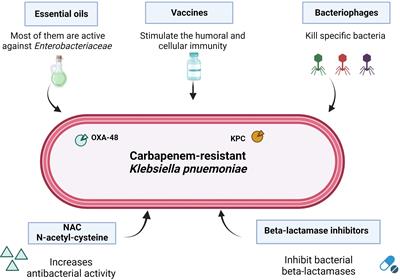
doi 10.3389/fcimb.2024.1356413
- 725 views
- 1 citation
9,650
Total downloads
41k
Total views and downloads
EDITORIAL
Published on 18 Jan 2024

ORIGINAL RESEARCH
Published on 19 Sep 2023
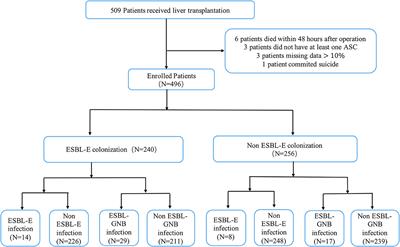
ORIGINAL RESEARCH
Published on 28 Jun 2023
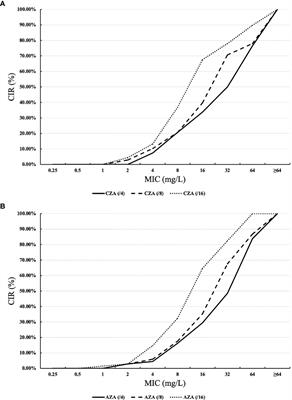
ORIGINAL RESEARCH
Published on 03 May 2023
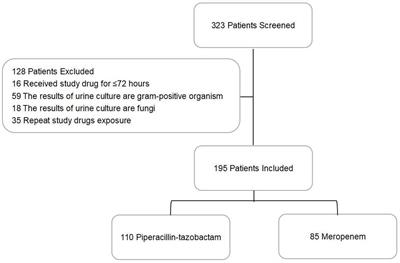
REVIEW
Published on 20 Apr 2023
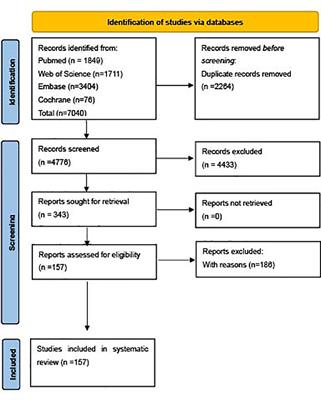
CORRECTION
Published on 24 Mar 2023
ORIGINAL RESEARCH
Published on 12 Jan 2023

ORIGINAL RESEARCH
Published on 09 Dec 2022
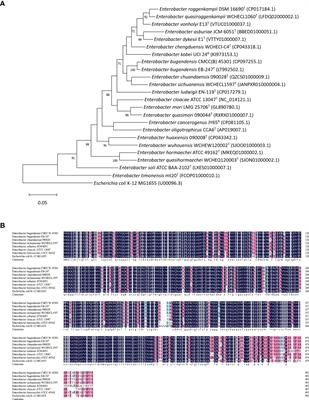
ORIGINAL RESEARCH
Published on 07 Dec 2022
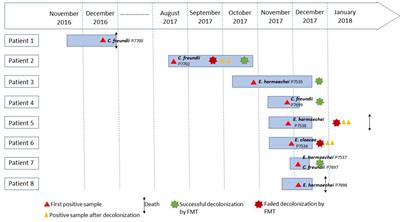
REVIEW
Published on 24 Nov 2022

ORIGINAL RESEARCH
Published on 26 Sep 2022
